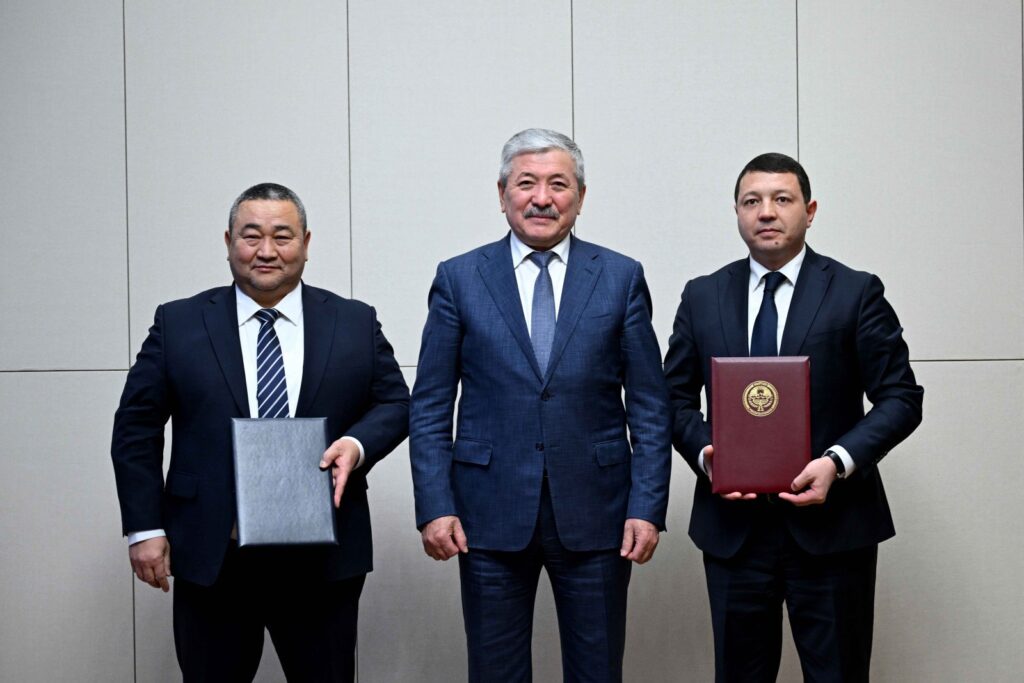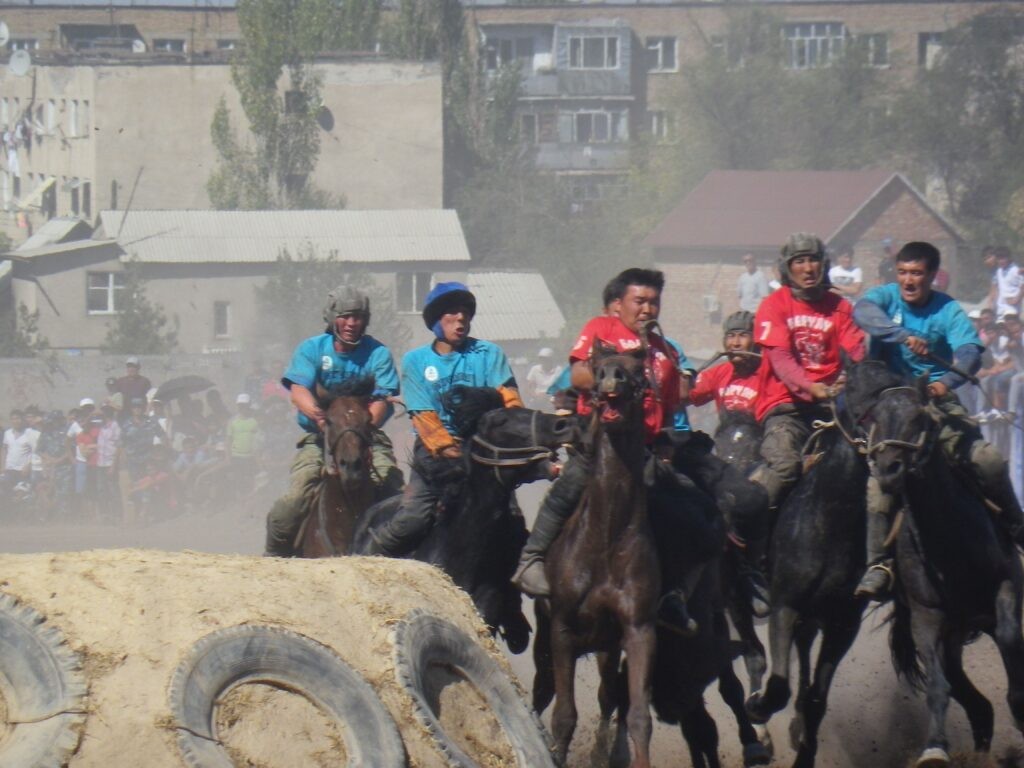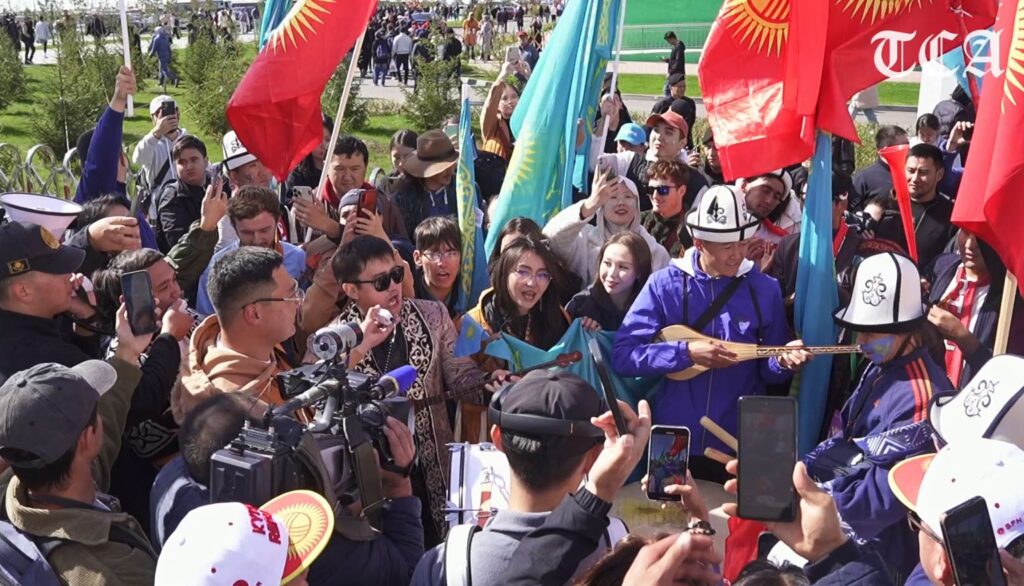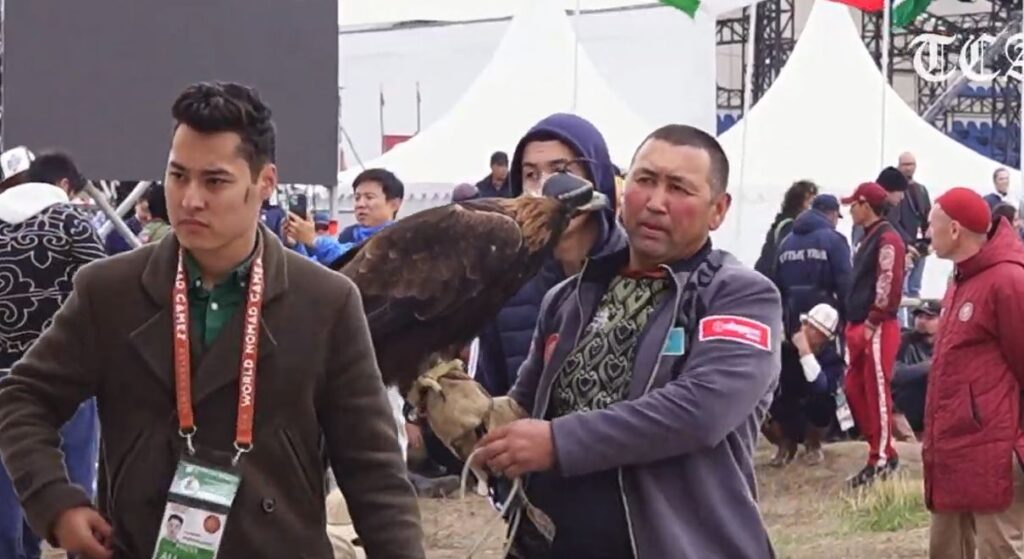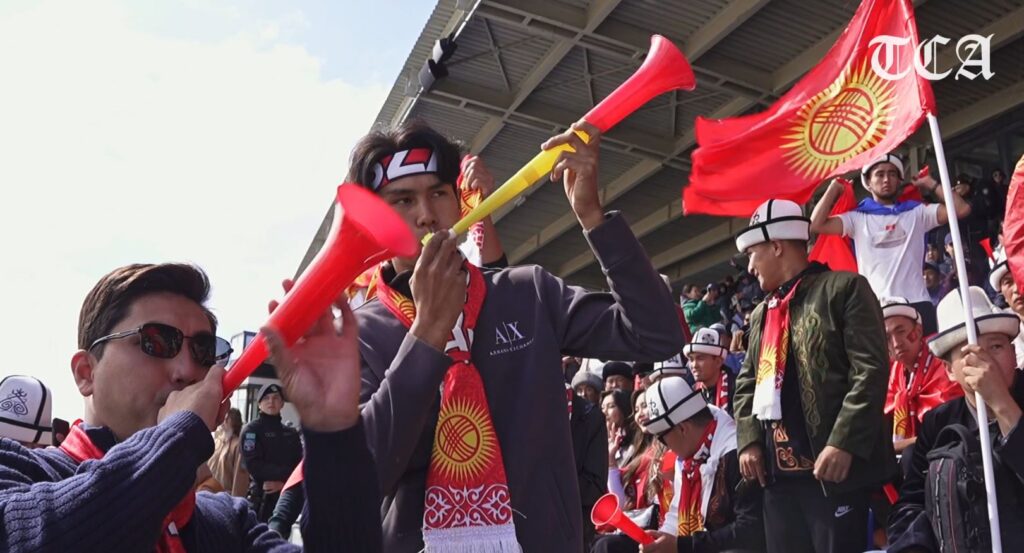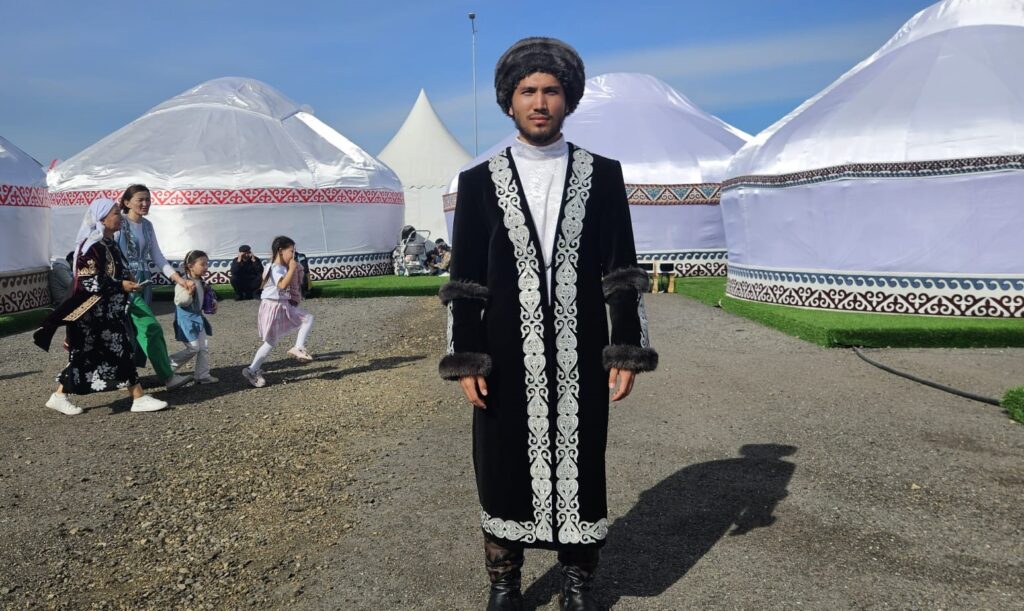September 13 sees the final day of the World Nomad Games in Astana, themed as the “Gathering of the Great Steppe.” An extravaganza of color and culture, the Games were about much more than sport, however. As described by Sultan Raev, General Secretary of the International Organization of Turkic Culture, even the sports themselves are “not about physical strength. They are about spiritual endurance.”
The Games have proven an unmitigated success for Kazakhstan, not only due to the nation’s huge medal haul, but in a diplomatic sense, as well, with important regional leaders in attendance. The Games brought together around 3,000 participants from 89 countries competing for 581 medals across 21 sports, with media outlets from 64 countries applying for accreditation. Meanwhile, the Ministry of Tourism and Sports has stated that over tens of thousands of foreign tourists will have attended the Games, which will “help showcase Kazakhstan’s cultural and sports heritage to a global audience, significantly boosting interest in tourism to the country.”
On the last day proper of the Games, the finals of the kokpar and the kok boru were staged. Described by Ablai Kondybaev, Deputy Head of the Directorate responsible for preparing and organizing the 5th World Nomad Games in an interview with TCA as the “most famous” events, they are “traditional games akin to polo played with sheep or goat carcasses. Long popular among Turkic people, especially in Central Asia, these fast and furious competitions attract record numbers of spectators.”
Games popularized by Jenghiz Khan – though it is said his horde preferred to use a human torso for a ball – these days, at international events at least, the goat carcass has been replaced by a dummy, known as a serke. Still, with the stampeding horses producing a great wall of dust, the flag-waving partisan crowd were hugely engaged, and it is easy to see why. A scrum of whips and sweating horses snorting, occasionally a horseman would emerge, swinging the serke by a leg.
Forecasts had pointed to the finals likely being between the favorites, Kazakhstan and Kyrgyzstan, and this proved to be the case, and in the kokpar, Kazakhstan were victorious. However, the hosts had to settle for silver in the kok boru, losing 10-4 to neighboring Kyrgyzstan after beating Turkey 15-1 in the semis in a surprise drubbing. Overall, however, the Games have been a golden event for the nation as a whole.
Despite earlier reports indicating that the World Nomad Games would return to Kyrgyzstan in 2026, according to Kondybaev, “it is planned that it will be Uzbekistan” who will stage the next iteration, which would mean another new host nation for this dazzling demonstration of the resilience of nomadic culture and its dramatic resurgence in the era of globalization.

As previously reported by TCA, in his keynote speech at the opening ceremony, President Tokayev pointed out that: “Even amid globalization, the nomadic lifestyle that existed for a thousand years is reviving and taking a new shape. Modern nomads are making efforts to reclaim a central place in history. We are moving and traveling easily all over the world in search of education and job opportunities.”
Since Estonia became the first country to offer a “digital nomad visa” in 2020, sixty-five more nations have followed suit, with their number continuing to grow. In the modern world, nomadic traditions, it appears, remain vital, and are once again thriving.

